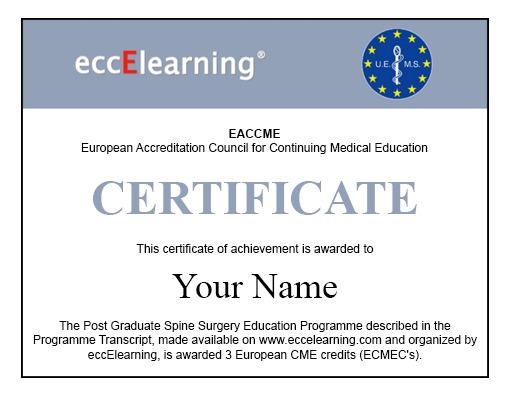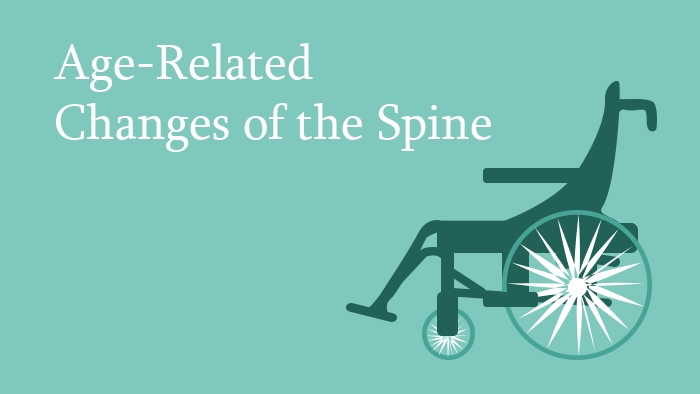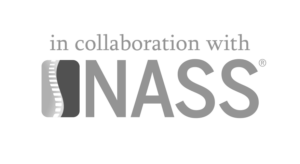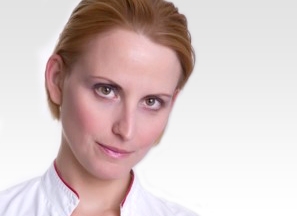Age-Related Changes of the Spine
In this spine surgery lecture, age-related changes of the spine are discussed.
Enrol to View This Lecture
Access to all 180 Spine Lectures with our Spine Surgery Education Programme.
Lecturer: Karin Würtz-Kozak, R.Ph, PhD, MBA
Includes:
- Online Lecture Presentation
- Pre- and Post- Learning Assessments
- Additional Learning Materials (Deluxe Package only)
- Up to 3 CME Credits
Ref.ID: 1_4_weurtz
DOI: 10.28962/01.3.004
What you will cover in this lecture
In this spine surgery lecture, age-related changes of the spine are discussed.
The spine degenerates earlier than other musculoskeletal tissues. Age-related changes of the spine are not synonymous with painful alterations.
The IVD, the largest avascular structure in the body, degenerates very early in life. Typical signs of IVD degeneration are a loss of proteoglycans and a change in collagen composition. Symptomatic and asysmptomatic IVDs seem to differ in the presence of proinflammatory cytokines. Proinflammatory cytokines can irritate infiltrating nerve endings and thus cause pain perception.
Degeneration of facet joints, vertebral bodies, ligaments and muscles alter the mechanical properties of these tissues and affect spinal stability. Age-related changes of the motion segment can lead to disc herniation, osseous stenosis and ligamentous stenosis.
Learning Objectives
- To understand pathobiology of the aging of the spine
- To obtain knowledge about the process of the aging of particular elements of the spine
Target Groups
Practicing Spine Surgeons
in Orthopaedic or Neurosurgical services for Continuing Education or recertification
Karin Wuertz-Kozak, R.Ph, PhD, MBA
- ETH Zurich Institute für Biomechanics, Zürich
eccElearning Participation
Author
Lecture Presentation
Age-Related Changes of the Spine
Includes:
- Online Lecture Presentation
- Pre- and Post- Learning Assessments
- Additional Learning Materials (Deluxe Package only)
- Up to 3 CME Credits

Enrol to View This Lecture
Access to all 180 Spine Lectures with our Spine Surgery Education Programme.
Frequently Asked Questions
Q: What is an eccElearning Lecture like?
A: Each Lecture includes the Lecture Presentation, Additional Learning Resources, Pre-Learning Quiz and Lecture Assessment.
Each Spine Surgery Lecture is viewed online in video format and lasts from 20-45 minutes. The Lectures contain relevant additional learning resources (book chapters, research papers, surgical videos, master lecture videos, case reports, review articles, etc.), which are presented in context and viewable immediately for your convenience.
Lecture 5.1 is an invited Master Lecture and does not include the Quiz and Assessment components.
Q: How much time will a Lecture take?
A: Lecture presentations typically take 20-45 minutes to run. However, candidates are required to review the compulsory and recommended additional learning resources contained within the Lecture. The time taken to view the Lecture and review the additional resources is in the range 3-4 hours per Lecture.
Q: What kind of credits do I get from the Lecture?
A: Each Spine Surgery Lecture can confer up to 3 Continuing Medical Education (CME) credits, certified by European Accreditation Council for Continuing Medical Education (EACCME). The CME credits are awarded to the candidate on successful completion of the online Lecture. The number awarded depend on the number of additional learning materials available in a Lecture - premium versions of the Diploma and Modules include more material for each lecture, so confer more CME Credits.
Q: What payment methods are accepted?
A: All major credit and debit cards.
Q: What are CME Credits?
A: CME stands for Continuing Medical Education. You are awarded CME Credits for undertaking an approved course of medical education. Each Lecture that you complete successfully adds to your CME Credits total. All Lectures provided by eccElearning are accredited by the European Accreditation Council for Continuing Medical Education (EACCME), of the Union Européenne des Médecins Spécialistes (UEMS). You can print out your Certificate of CME Credits after the completion of any Course or Lecture.
Q: What do I do if I fail a Lecture Assessment?
A: You are permitted to retake a Lecture Assessment up to two times. The Lecture Assessment will be made available to you again 14 days after a failed attempt. If you’ve failed the Lecture Assessment three times, please get in contact with us to discuss your options.
Q: What courses does eccElearning provide?
A: We have the Diploma in Spine Surgery with Modules individually purchasable, and Spine Surgery Specialist Certificates in Radiology and Physiotherapy.









